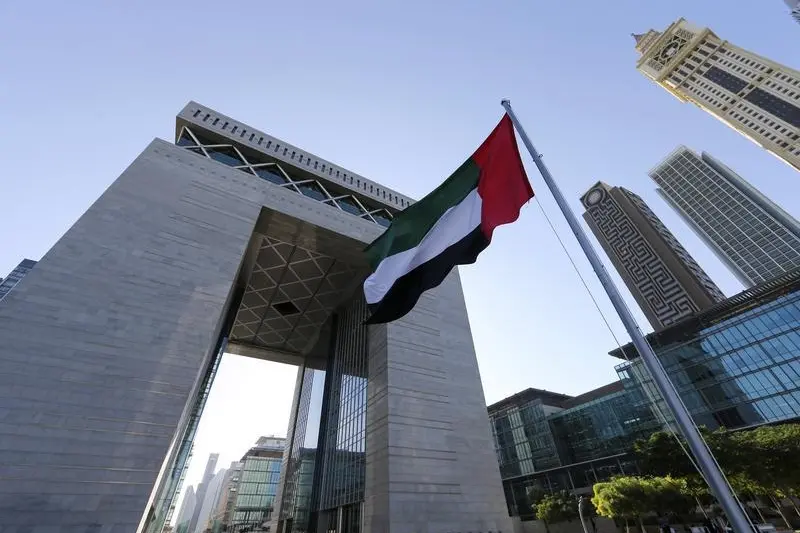PHOTO
Monday, Mar 20, 2017
Dubai: The findings of the 2017 GCC Wealth Insight Report from Emirates Investment Bank (EIBank) shows that regional investors are braced for worsening conditions or more of the same in 2017; however UAE investors are the most optimistic among GCC peers.
In a survey of high networth individuals (HNWIs) with more than $2 million (Dh7.34 million) investable assets, at country level, the views of HNWIs on the economic situation in their own country vary significantly across the GCC. Views are most positive in the UAE with 69 per cent saying the economy is improving and Qatar with 42 per cent optimistic on the economy.
The least positive sentiments are in Kuwait and Saudi Arabia. HNWIs in Oman are most likely to feel that the economic situation in their country is worsening (75 per cent). This pattern is consistent with 2016.
Investment decisions
Regional HNWIs continue to prefer investing in their own business and remain focused on growth over preservation. Half of HNWIs (50 per cent) say the global economic situation has changed their approach to investing, with the most commonly cited impact being a more cautious approach and preference for lower risk (42 per cent). A similar proportion (49 per cent) said that local economic conditions have changed their approach to investing and investment decisions. Amongst this group, the most commonly cited impacts are increased investment in new/ growing sectors (and more caution when making investment decisions due to losses. Almost two in ten (18 per cent) say they have discontinued projects due to local economic conditions.
Over a third of HNWI respondents say their investment decisions have changed ‘a great deal’ due to movements in the price of oil (37 per cent) and regional structural reform (37 per cent). More than two in five (45 per cent) HNWIs say that the geopolitical situation in the Arab region has changed their approach to investing and the investment decisions they make.
The distribution of HNWIs’ wealth is broadly similar to previous years, with wealth most likely to be allocated to their own business (34 per cent). However, there does appear to be a continued shift since 2015 towards HNWIs having a greater share of their wealth in cash/deposits (27 per cent, up from 17 per cent in 2015) and away from real estate as an investment (15 per cent, down from 30 per cent in 2015).
Looking ahead, half of HNWIs say that they plan to increase their investment in cash deposits (51 per cent) and their own business (50 per cent in the near future. Approximately a quarter of HNWIs say they plan to increase the share of their wealth in direct investment/private equity (28 per cent) and gold/precious metals (28 per cent).
By Babu Das Augustine Banking Editor
Gulf News 2017. All rights reserved.





















